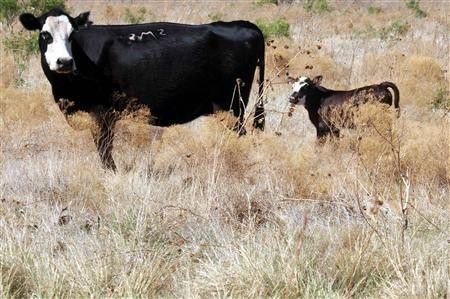European researchers might have learned how microbes such as bacteria and fungi in dirt can help protect children from getting allergies, hay fever, and asthma. They discovered that soil in dairy farms triggers an immune response in mice's lungs, and then cells produce a compound that manages the process.
The study was published in the journal Science. It was conducted by the Ghent University Hospital in Belgium.
Some kids who live on farms still develop asthma. Due to a genetic mutation their bodies do not make the protective compound.
Scientists inserted tiny pieces of farm dust bacteria from Germany and Switzerland into mice noses, causing an immune reaction via inflammation. Those mice did not develop asthma even after exposed to dust mites.
Cells in the mice's lungs produced the A20 enzyme. However, those rodents with mutated A20 were vulnerable to asthma, according the NBC News.
The researchers then tested 20,000 kids. The farm children who still developed asthma had a less-effective version of A20.
They did laboratory tests on A20 in lung tissue. Scientists learned that it was included in the immune system's response to dust mites.
Researchers tested A20 located in the lungs. However, they also found the enzyme in the stomach.
Scientists' discovery could explain the "hygiene hypothesis" that children can in fact be too clean. It states that cases of allergies and asthma have increased in developed countries since World War II due to the Western lifestyle environment. That is due to fewer microorganisms.
The new study could help researchers to develop new vaccines, making it less likely for children to develop asthma and allergies. Asthma is the most common chronic disease among kids, according to Quartz.
This video explains "good" bacteria in soil:



























